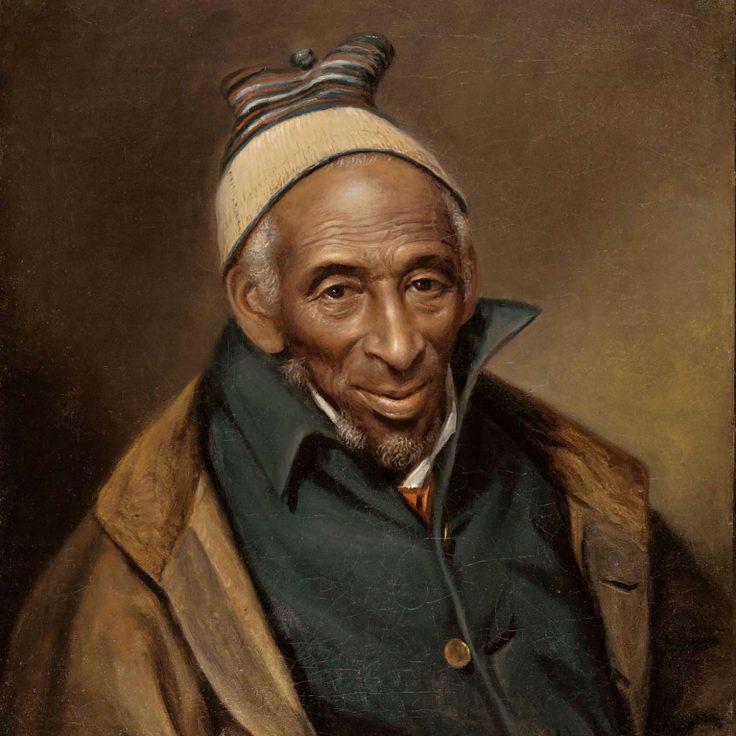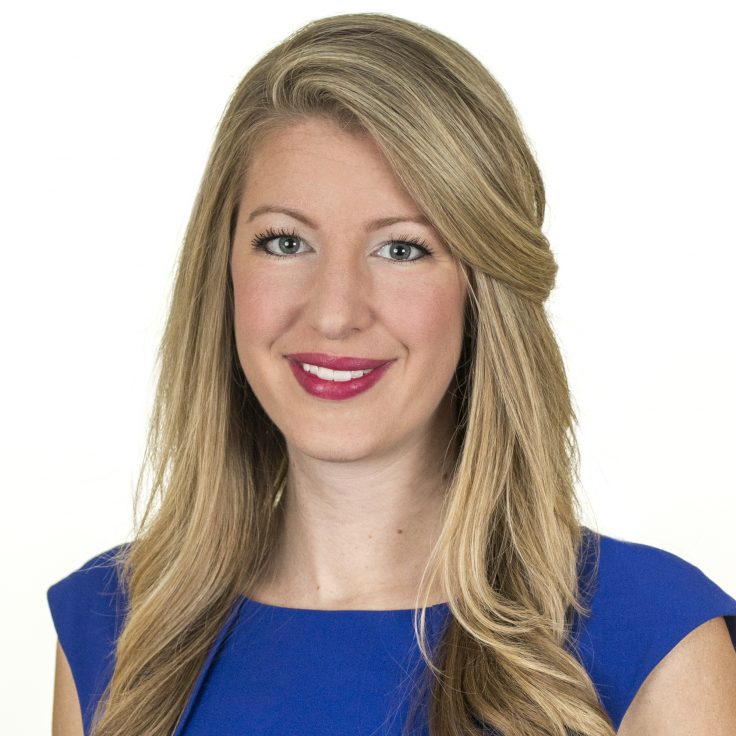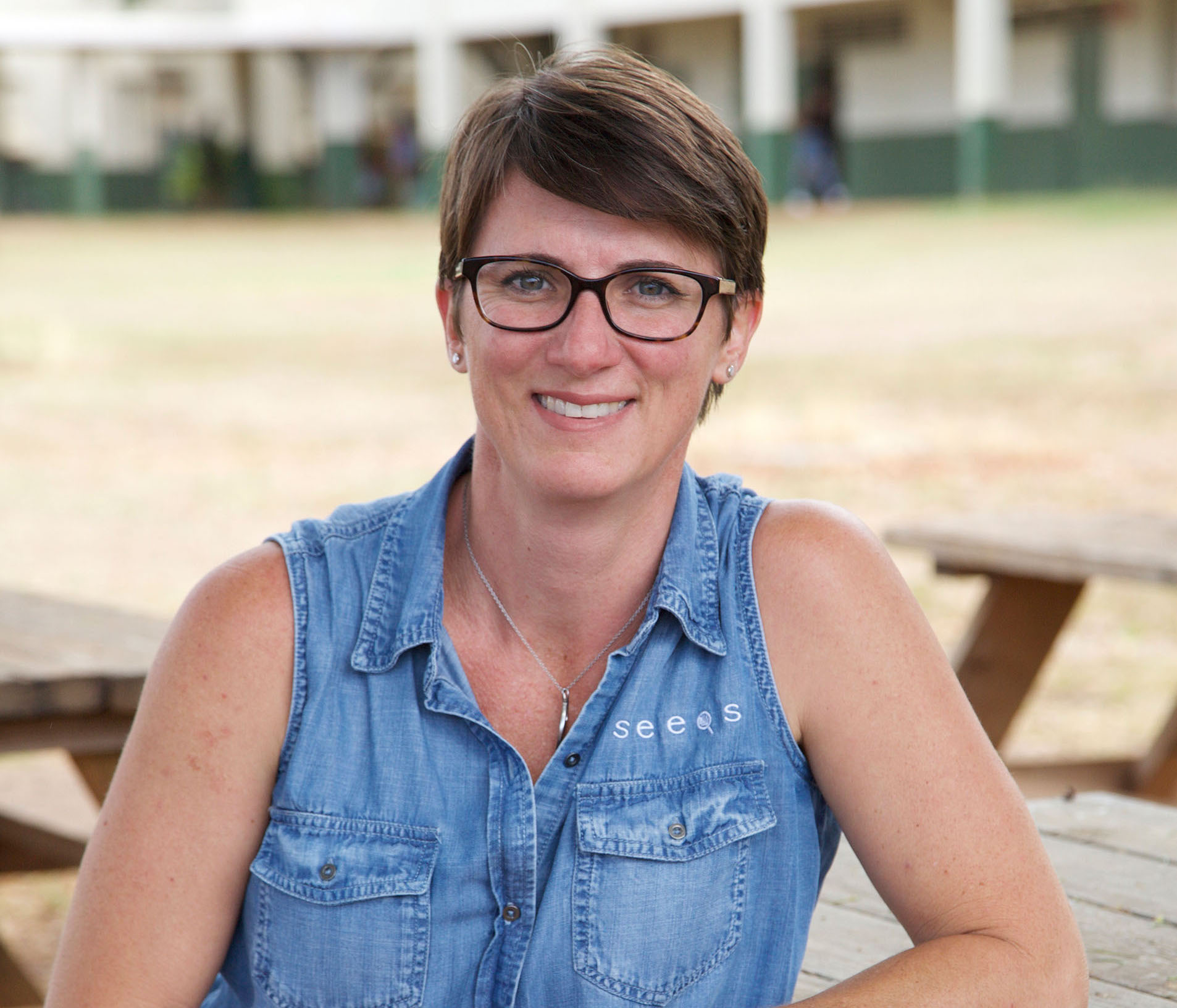
Buffy Cushman-Patz '98 was inspired by Professor Michael Perfit to inspire others about science. Provided by Buffy Cushman-Patz ’98
Gator Good — Buffy Cushman-Patz
If You Build It They Will Come
Alumna establishes a public charter school for sustainability in Hawaii.
Buffy Cushman-Patz ’98 had a powerful learning experience that set her on her current career path in her sophomore year at UF. During honors physical geology with Professor Michael Perfit, Cushman-Patz watched a video Perfit had filmed a mile under the sea in the deep-ocean submersible the Alvin. In that class, says Cushman-Patz, she finally understood the value of scientific inquiry. “Science is alive and creative — it’s not just something out of a textbook. And I realized I didn’t want other children to have to wait until college to understand what science is about.”
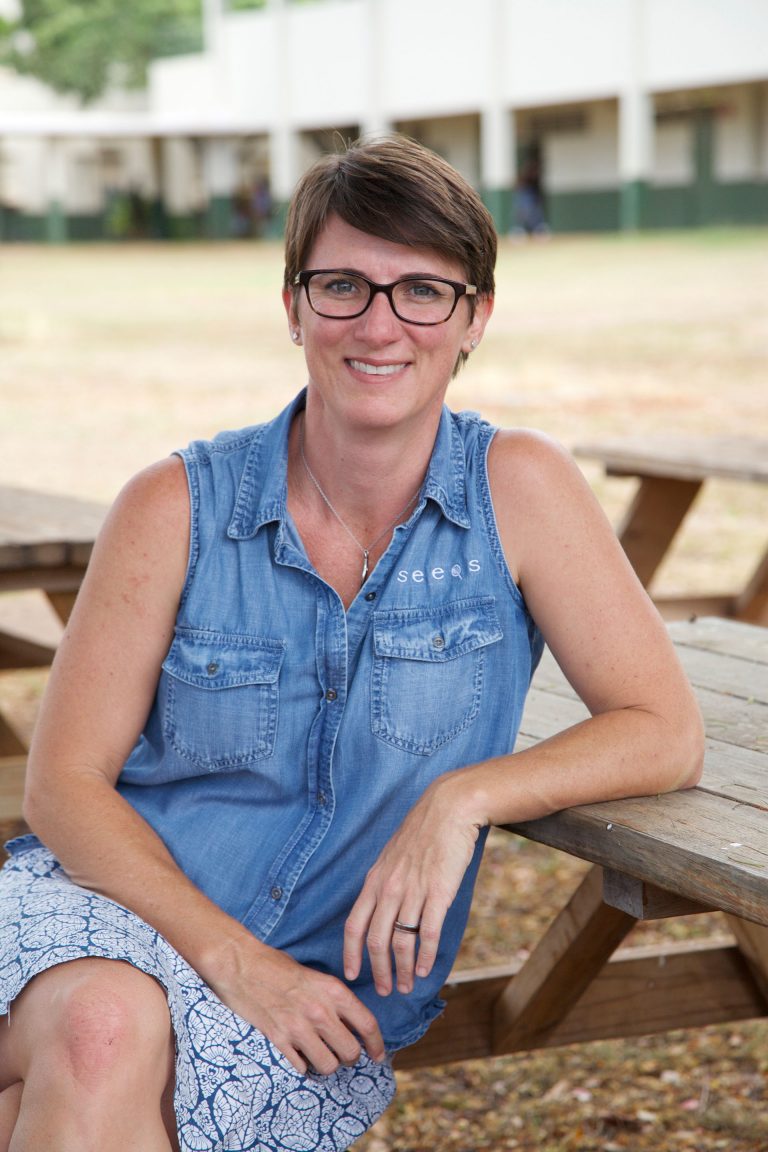 Buffy Cushman-Patz ’98 was inspired by Professor Michael Perfit to inspire others about science. Provided by Buffy Cushman-Patz ’98
Buffy Cushman-Patz ’98 was inspired by Professor Michael Perfit to inspire others about science. Provided by Buffy Cushman-Patz ’98“The planet is changing faster than we can currently fix. We need to train students who not only understand how large and complex some of these problems are, but have the tools to work on them.”
After college, Cushman-Patz began teaching high school geology. When it became clear that educational administration was her calling, Cushman-Patz pursued a master’s degree, enrolling in Harvard’s Graduate School of Education School Leadership program. Many of the papers she wrote at Harvard became the founding documents for SEEQS: the School for Examining Essential Questions of Sustainability, the STEM-oriented charter school Cushman-Patz founded in Honolulu, Hawaii, in 2013. A watershed moment occurred when Cushman-Patz was tasked with designing her ideal learning environment.
“Five principles emerged as I worked on this: Real-world situations and real-world contexts enable real-world learning; learning occurs when learners take ownership of their learning; everyone is a teacher, and everyone is a learner, all of the time; a learning environment is composed of its community members, cultural values, and physical surroundings; and improvement of the organization requires consciously collaborative participation by community members.” After a step back and a considerable amount of contemplation, Cushman-Patz decided to bring these principles to life. “I’ve always believed that if you see a problem, have an idea for how to fix it, and can bring that idea to fruition, then you should go for it.” With that, Cushman-Patz wrote the first grant proposal for SEEQS funding.
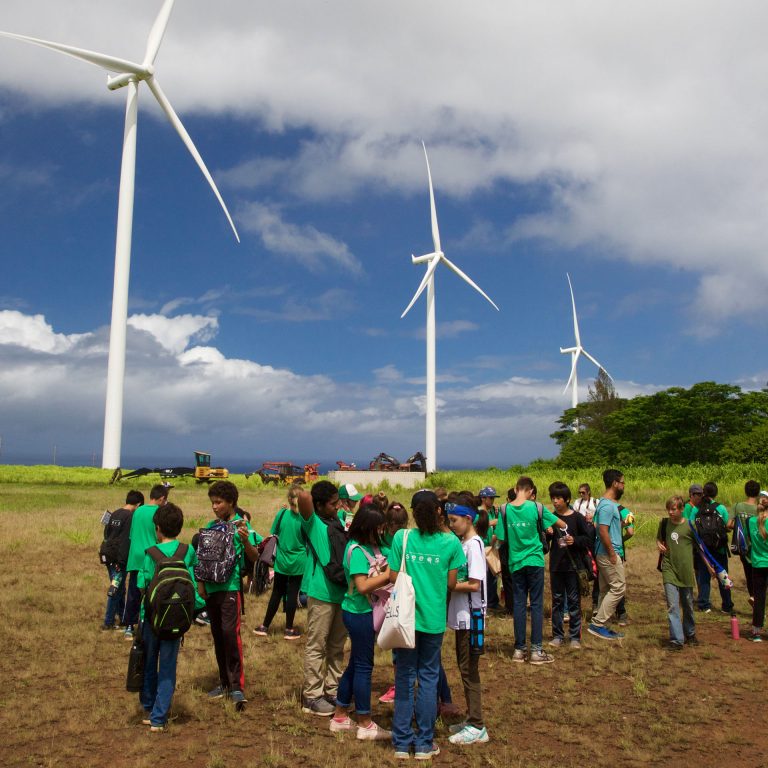
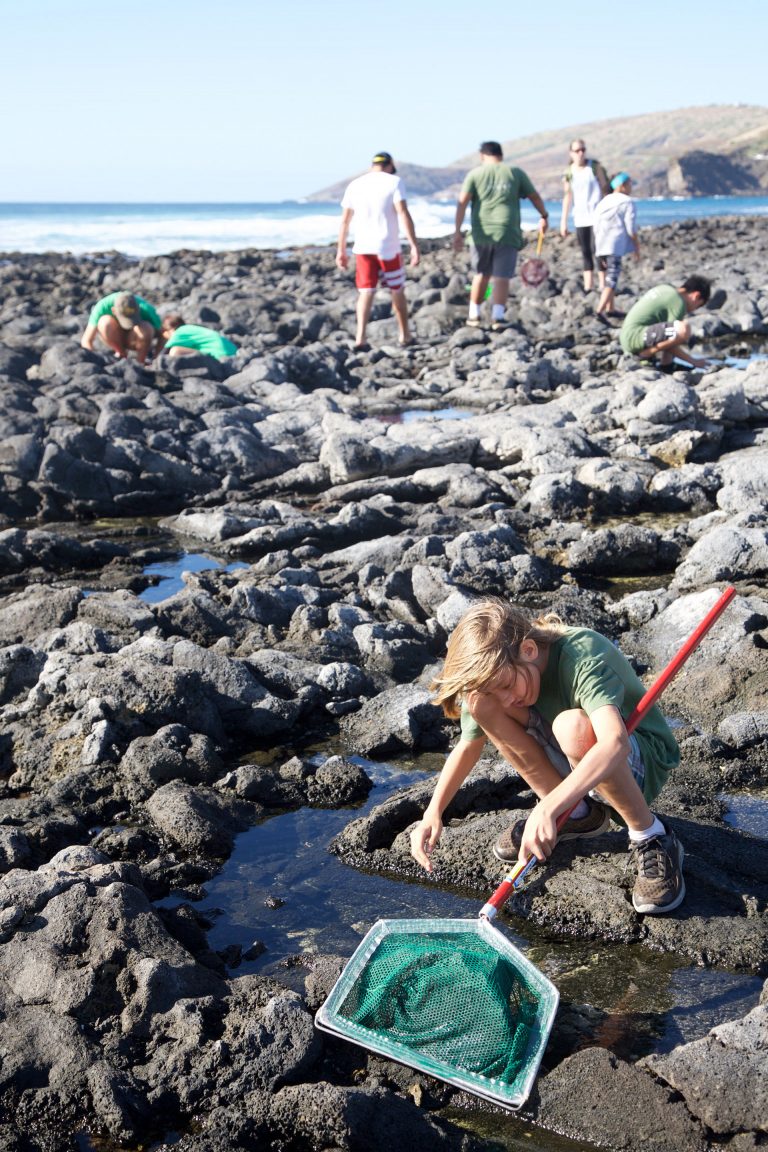
SEEQS is a fully operational public middle school whose campus now shares space with a local high school. Their recent move has expanded students’ access to programs and resources and allows administrators to keep their educational mission in the forefront. “An overarching concern at SEEQS is what will happen to the planet, so we ask the students to dig deeply into world problems. The planet is changing faster than we can currently fix. We need to train students who not only understand how large and complex some of these problems are, but have the tools to work on them.”
Cushman-Patz says SEEQS ideals resonate with the Honolulu community, who don’t have the luxury of distance regarding questions of environmental impact. “Global warming, sea level rise, food sustainability — these are not global issues in Honolulu. We are on an island; for us, these are all local problems.” By providing her students with their own powerful learning experiences when they are young, Cushman-Patz hopes to better prepare students for the demands of the future. She admits, “We are asking a lot from a bunch of 11- to 13-year-olds. But these kids are showing an amazing capacity to respond thoughtfully and positively. And they’re happy doing it. That’s a plus.”
